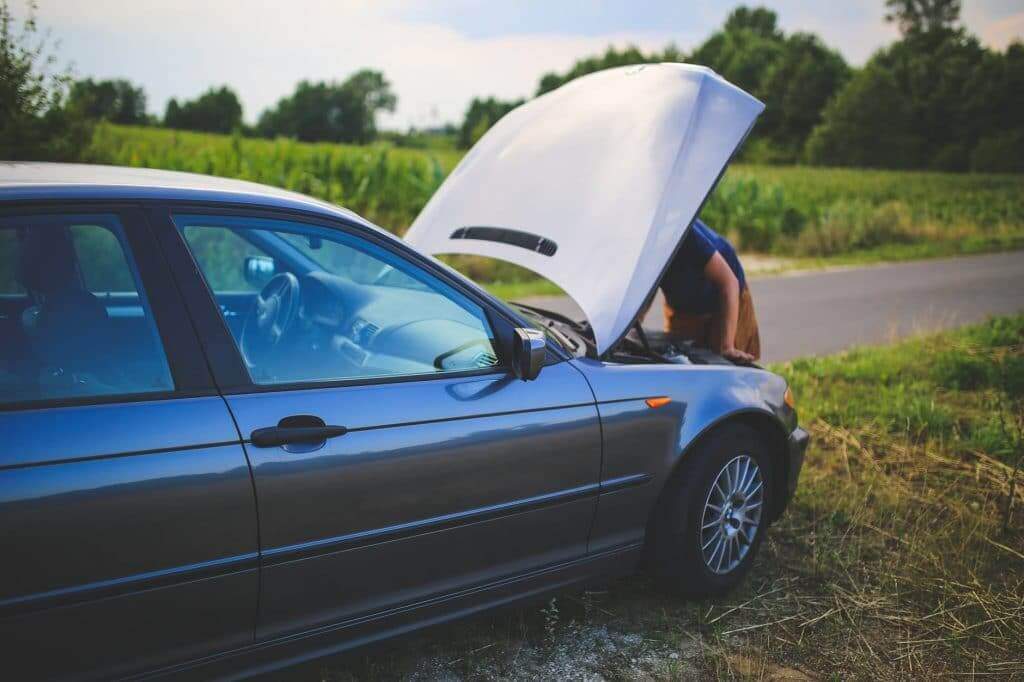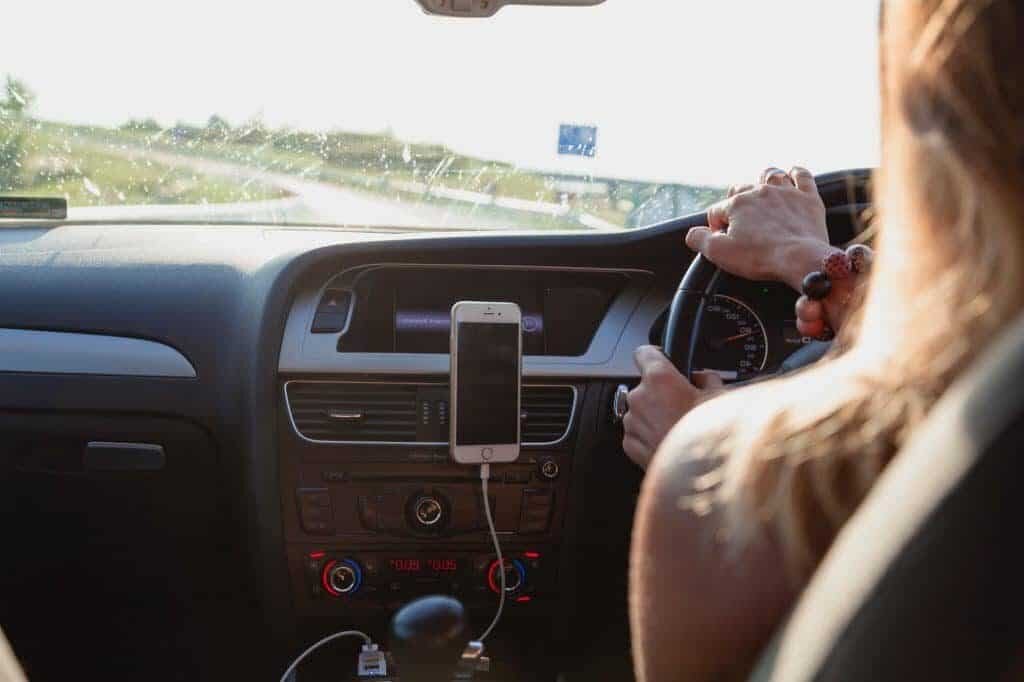Choosing a car insurance policy can seem overwhelming. There are several types to choose from, and it’ll be important that you go for the right one to suit all your requirements and keep you secure in case of an emergency.
Think third-party car insurance is right for you? Before hitting the road with your new policy, it’s best to make sure you understand everything about the third-party cover and what it means for you.
How does third-party insurance work?
Third-party car insurance is the minimum cover you need to drive a car in the UK, and there are a couple of types to choose from. Third-party insurance covers you if you damage somebody else’s car or property, or injure somebody while you’re driving, but won’t cover any damages to the vehicle you’re driving.
What does third-party insurance cover?
Because third-party car insurance is the minimum legal level of cover, it shouldn’t be surprising that it covers only the minimum costs in case of an accident. Third-party insurance covers you for:
- Injury to a driver or passenger in another car (third-party injury)
- Damage to another person’s car
- Damage to another person’s property
If you’re involved in an accident that’s not your fault, the other person’s insurer will pay any compensation you’re owed directly to you. This might include compensation for vehicle damage or personal injury claims.

What does third-party insurance not cover?
If you choose third-party insurance and you get into an accident, any costs or damage to the car you’re driving will not be covered. Because of this, third-party car insurance is best for drivers whose circumstances mean that comprehensive cover is out of reach or too expensive.
If you’re in an accident that’s not your fault, you can claim compensation from the other person’s insurance provider. This can be for vehicle damages or personal injury. Because you won’t be able to claim for repairs from your own insurance provider, your no-claims bonus won’t be affected.
This level of cover exists to protect other drivers. If you’re responsible for an accident and your insurance policy is third-party only, you shouldn’t expect to walk away with much compensation.
Does third-party insurance cover personal injury?
No. Third-party car insurance is all about protecting other drivers, their passengers, and their property. This is why it’s called ‘third-party’ insurance. If you get into an accident that’s your fault, your insurance company will pay out compensation to the other party involved, including personal injury claims.
If you have third-party insurance and you’re involved in an accident that’s not your fault, your personal injury claims can be resolved by the other party’s insurance provider. Your insurer won’t help you make a claim, though, so you might need to look for help from another claims company.
Can i drive other cars with third-party insurance?
No. Having a third-party policy doesn’t mean you’re insured to drive any other cars. To find out whether or not you’ll be covered for driving other cars, you should contact your annual insurance provider or look closely at your policy documents.
Look out for a ‘driving other cars’ or ‘driving other vehicles’ clause in the terms and conditions of your insurance policy. These clauses are most often, but not always, included in comprehensive policies. If you’ve chosen a third-party insurance policy, you can arrange a cheap short term car insurance and be covered on another car.

What is third-party, fire and theft insurance?
This is where some people get confused. What’s the difference between third-party and third-party, fire and theft car insurance policies?
Third-party, fire and theft insurance is like third-party insurance in that it mainly covers other drivers and third-party property damage. However, third-party, fire and theft policies are the next step up in terms of cover.
This type of policy means you can also claim for your vehicle if it’s damaged by fire or stolen.
If you’re worried about this kind of damage to your vehicle, a third-party, fire and theft policy can be a good choice. It’s important to remember that this type of insurance is still mostly about protecting other drivers and their property, and won’t cover injuries to yourself or your passengers, or any other damages to your vehicle.
What’s the difference between third-party and comprehensive insurance cover?
Comprehensive car insurance is the highest level of cover available. Fully comprehensive policies not only cover the cost of damage to third parties but also damage to your vehicle and personal injury, even if the accident was your fault.
This type of car insurance is the most common because of its security. Having comprehensive car insurance means you won’t need to face any expensive costs if it comes to repairing or replacing your vehicle.
Comprehensive policies are the most likely to include cover for driving other vehicles, but you’ll need to check this with your provider before you jump behind the wheel. In most cases, your insurance on other vehicles will only be third-party.

Why might I choose third-party insurance?
Third-party car insurance policies are good for drivers who might need to claim for damage they cause when driving.
If you’re worried about damaging other cars or property but can afford to pay for any damages on your own car without insurance, you might choose a third-party policy to suit your requirements.
It’s important to note that insurers might charge a little more for third-party insurance because it’s a policy that can be more attractive to higher-risk drivers. However, because the risk is built into annual or monthly payments, you might not need to pay as much if you do make a claim.
If you’re looking for a temporary solution, you might want to consider getting a short term insurance quote. While the temporary and annual cover may be different, a short term car insurance policy provides you with comprehensive cover as standard for a time that works for you.




